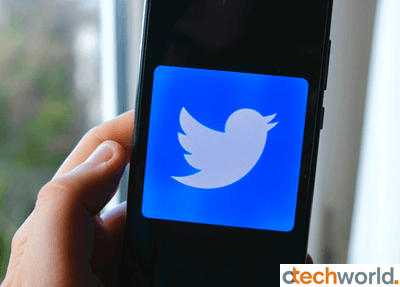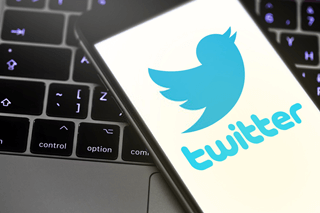How Twitter has changed since Elon Musk took over
Few public figures are as controversial as Elon Musk. The billionaire investor plays up to the image of the disruptor, and his $44 billion takeover of Twitter in October 2022 only increased his erratic behavior. Of course, before continuing with this compilation of Musk wackiness, it’s best to address the elephant in the room. It’s not called Twitter anymore, it’s called X. However, the reception to this name change was so poor that since the rebrand (which occurred in July 2023), many people continue to call it Twitter or, in a nod to the transitional nature of adapting to this rebrand, ‘X, formerly known as Twitter.’
To avoid any confusion, we’ll continue calling it Twitter in this article.

At the time of writing, Musk has announced another change to the platform. The user’s likes will now be hidden. What this means is that we will no longer be able to see what individuals on the platform have liked. When explaining the reasoning behind it on Twitter, Musk wrote, “Important to allow people to like posts without getting attacked for doing so.’ It’s true that high-profile users can find themselves in hot water for the posts that they’re liking, and that the hostility can become unsettling. However, this change takes away accountability from the users for the posts that they’re endorsing and could make Twitter a meaner place.
Yes, you read that right: Twitter could still become meaner. It doesn’t matter who you’re following or how active you are on Twitter, the chances are that you’ve come across a revolting post seeped in hatred. You can block ads on Twitter, but it’s harder to block out the negativity entirely. A big reason behind this is Musk’s decision early on to take a hands-off approach to content moderation. One of the first things that Musk did after taking over was to lay off a significant number of staff members, including content moderators. These moderators usually ‘clean up’ the platform by removing hateful posts, overly explicit content, and misinformation. Without them, the perpetrators of these actions now go unpunished more often than not.
The growing threat of misinformation has been a theme of the Musk era. Upon taking over the company, he launched a subscription service called Twitter Blue. For a few dollars per month, subscribers would get a blue checkmark among other perks. This was a problem because the blue checkmark previously marked a profile out as one that had been verified. The profile usually belonged to a public figure of importance and the verification ensured that it was really them and checks had taken place to confirm that. Now, blue checkmarks can belong to anyone, and it can make it a lot harder to know if the user is an authority on the subject upon which they’re commenting. Immediately after the change, Twitter was flooded with parody accounts that now appeared verified.
This isn’t a problem that seems to bother Musk much. He seems to enjoy the chaos of the platform, which may explain why he reinstated previously banned accounts, like that of former President Donald Trump. Musk cites a commitment to free speech as the motivation behind these actions. However, many critics believe that he’s simply acting on his politics and that his changes have made Twitter more right-leaning politically. Tweets such as his ‘My pronouns are Prosecute/Fauci’ effort in December 2022 seemed designed to incite hatred and mock left-leaning political movements, such as transgender activism.
One positive change that Musk has made regarding moderation has been the policy to ban accounts that engage in ‘doxxing’, which is the term for sharing private information, like an address, about individuals. Yet, that change wasn’t entirely motivated by a desire for the greater good to prevail. Rather, Musk was tired of an account on the platform that tracked his whereabouts and posted them online. Even so, the practice of doxxing is potentially destructive and this could be viewed as a positive change.
In recent weeks, another change has been made that could almost be referenced in the new name of the site formerly known as Twitter. Updated guidelines for the platform now allow adult content: “We believe in the autonomy of adults to engage with and create content that reflects their own beliefs, desires, and experiences, including those related to sexuality.” This change isn’t strictly a bad one but it does add to the impression that X is becoming a place in which there are few rules and fewer people still who care about enforcing them. The platform is still in a state of flux and will no doubt look different in five years’ time. Overall, Musk’s running of Twitter has been divisive, with supporters praising his commitment to free speech and critics expressing concerns about the potential rise of harmful content and the platform’s long-term sustainability under his leadership.



